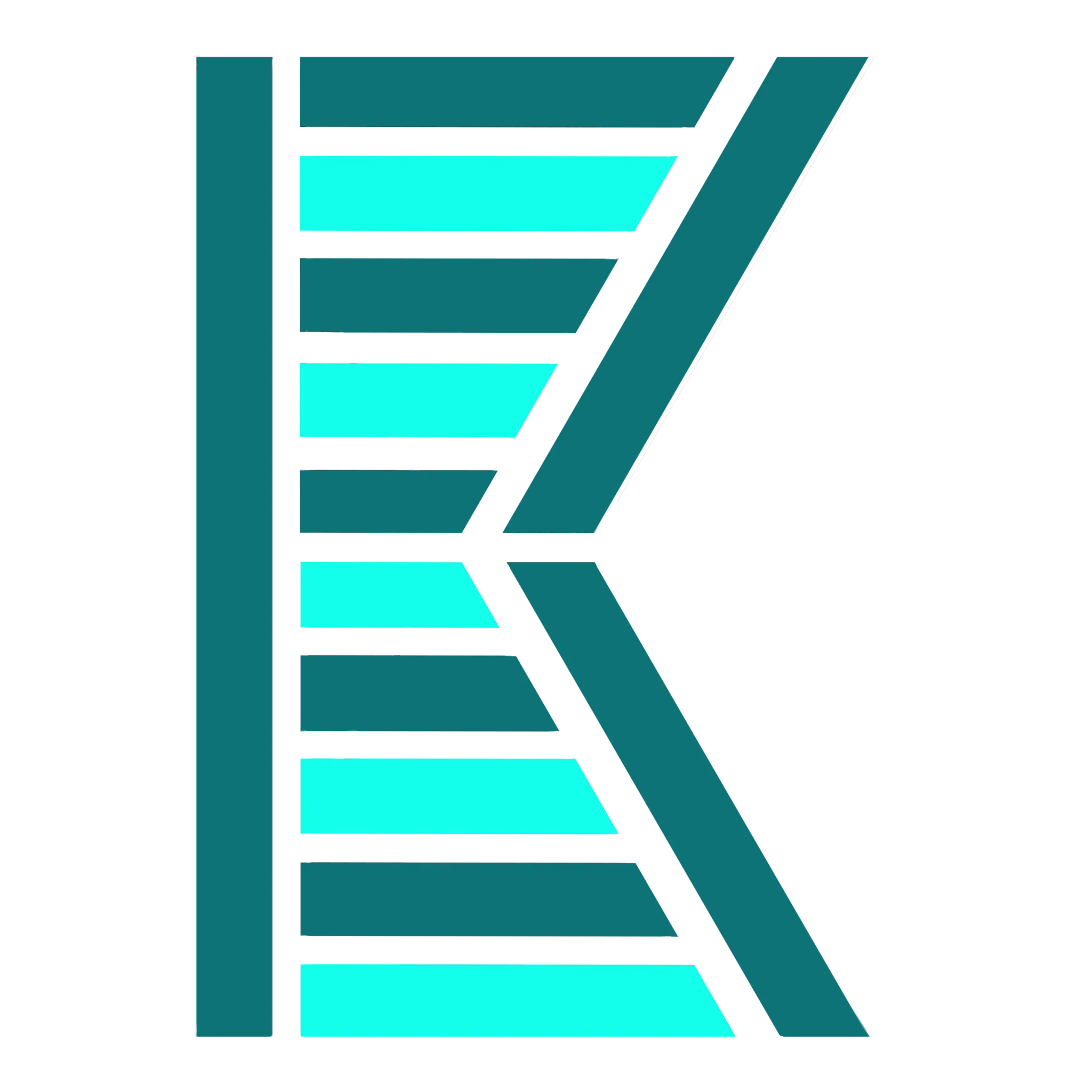Water Lifting Device
ME 110
Reporting
2020
Designing
About Project
This project aims to implement various engineering skills, including project evaluation, time planning, concept creation, design evaluation, and reporting. The goal is to design a water lifting device that operates without batteries or electricity, using alternative energy forms. The device must be compact, lifting at least 1 kg of water to a height of 1 meter within 1 second, be re-installable, and have a productivity rate of at least 49%.
Three design concepts were considered. The first uses a piston system to transfer water, relying on maintaining pressure and preventing water loss with flexible plastic and locking mechanisms. The second concept employs a pump mechanism with pistons and flexible plastic to lift water repeatedly, using a pulley system for re-installation. The third concept is based on an elevator principle, lifting water and transferring it through an opening cover.
The second concept was selected for its efficiency and effective use of potential energy. This project not only aims to create a functional water lifting device but also to provide a comprehensive learning experience in mechanical engineering design and project management.
ME 110
ME 110 is an introductory course in mechanical engineering offered to first-year students at Middle East Technical University. The course introduces students to the main areas of mechanical engineering and emphasizes soft skills such as project management and report preparation. Throughout the semester, students complete various assignments, exams, and a term project. Each of the four assignments focuses on a specific skill, such as evaluation, planning, concept creation, and reporting. The term project is a collaborative effort between two students, with responsibilities divided among team members. In this project, my role involved preparing, explaining, and evaluating concept designs.
Steps of Project
- Define the project and identify the need for a water lifting device.
- Generate multiple design concepts.
- Evaluate and select the best concept based on criteria like efficiency, feasibility, and cost.
- Create detailed drawings and specifications for the chosen concept.
- Prepare, explain, and evaluate the concept designs.
- Write the project report and present the findings.
Conclusion
Throughout this project, we gained valuable knowledge about the processes of implementing a design and reinforced what we learned in class throughout the semester. The biggest challenge we faced was during the creation of concept designs. In fact, this was partly why that part of the project was assigned to me. After completing the first design, I had difficulty creating a new one, resulting in designs that resembled each other. My main goal in creating new designs was to differentiate them in terms of working mechanics.
Now, looking back after about four years, I can see that the designs are quite below my current standards. However, this project significantly contributed to my learning, especially in terms of report preparation and project management. The experience of working on the second concept, which was selected for its efficiency and effective use of potential energy, provided a comprehensive learning experience in mechanical engineering design. Additionally, it reinforced the importance of evaluating, planning, and concept creation, skills emphasized in the ME 110 course.
